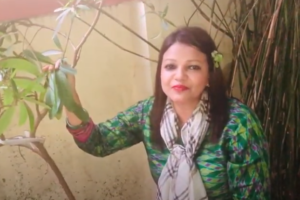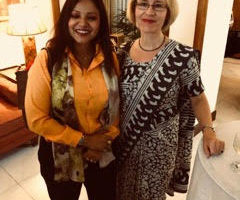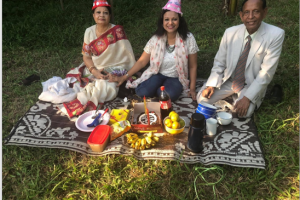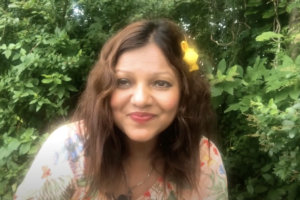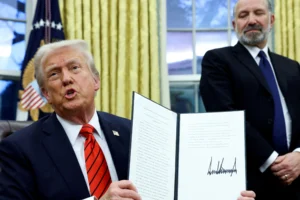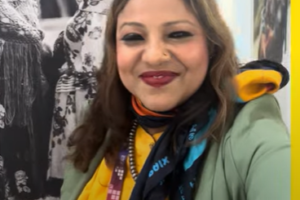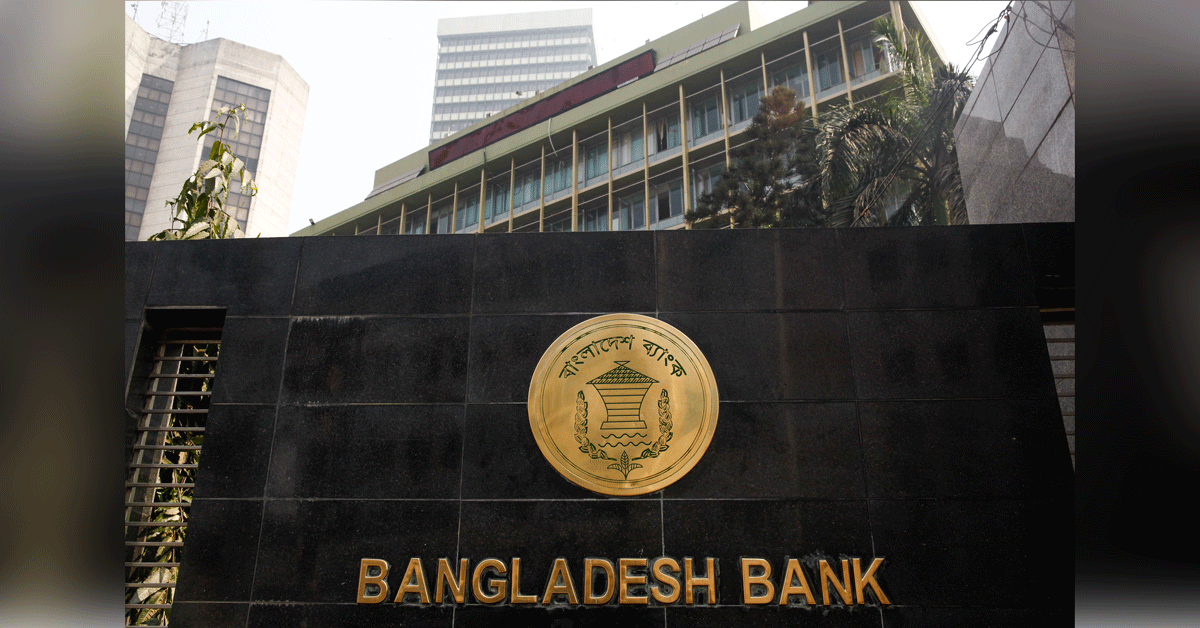By allowing aid to enter rebel-held northwest Syria through more border crossings from Turkey, President Bashar al-Assad has given way to a demand of his foreign adversaries. The question now, say analysts, is what he may want in return.
Assad’s decision should widen UN aid access to Syrians hit by a devastating earthquake that has killed more than 5,700 people in the country, marking a shift for Damascus which has long opposed cross-border aid deliveries to the rebel enclave.
It represents one of several ways in which the earthquake response is playing out in diplomacy surrounding Syria and its 12-year-long conflict, with Assad appearing to have benefited politically and hoping to capitalise further.
Shunned by the West, Assad has been basking in an outpouring of support from Arab states that have normalised ties with him in recent years, notably the United Arab Emirates (UAE). He also had his first reported phone call with Egypt’s President Abdul Fattah al-Sisi – a step he aims to build on, two Arab officials who met Assad said.
On Tuesday, Saudi Arabia sent its first reported plane of aid to Assad-controlled Aleppo, a notable gesture from a Gulf state still at odds with Syria’s president. Saudi earthquake assistance had thus far only gone to rebel areas.
Turkey, where the disaster has killed 31,974 people, has meanwhile been discussing re-opening a border crossing for UN aid to go into Syrian government areas, according to a Turkish official, a step that could build on recent contacts between the two governments after years of enmity.
And the United States, while ruling out reengagement with Assad, has authorized for 180 days all transactions related to earthquake relief that would otherwise have been blocked by its sanctions on Syria.
Washington has long said the sanctions do not obstruct aid.
The Syrian pound has strengthened since the decision.
Announced by the United Nations, Assad’s decision permitting aid to move across two more border crossings for three months came after calls for more access, and as the United States was calling for a Security Council resolution authorising such crossings.
U.N. aid is currently being delivered through one crossing authorised by a Security Council resolution. Though Assad lost control of most of the Turkish border years ago, his approval means UN agencies do not need another such resolution to enter from the two additional locations, diplomats say.
“This seems unambiguously positive, and that’s not something you get to say about Syria often these days,” said Aron Lund, a fellow at Century International.
BEHIND-THE-SCENES DEAL?
“Either there has been a deal behind the scenes, where Assad gets something in return, or he has decided that it’s time for a goodwill gesture,” he said.
“Opening these crossings for a temporary period does not really cost Assad anything, but it lets him escape criticism and it highlights his ability to turn border access on and off at will.”
Responding to a question about the decision during a press briefing on Monday, US State Department spokesperson Ned Price expressed hope Assad was serious.
“The Assad regime has consistently argued against additional humanitarian crossings. But if the regime is serious about this and if the regime is willing to put those words into action, that would be a good thing for the Syrian people,” he said.
The Syrian information ministry did not immediately respond to an emailed request for comment. The Syrian presidency has not issued any statements on the decision on the crossings.
Last week, Syria’s ambassador to the United Nations reiterated his government’s position that aid must be done in coordination with the government and delivered from within Syria, not across the Turkish border.
Assad, in a meeting with the president of of the International Committee of the Red Cross (ICRC), on Tuesday said the government wanted aid to reach all Syrian regions to help those affected, the presidency reported.
The earthquake has hit Syrians already suffering an acute humanitarian crisis after more than a decade of conflict that has killed hundreds of thousands, uprooted more than half the population, and splintered Syria.
Enmities between warring parties have derailed at least two attempts to deliver aid to the rebel-held northwest, where the bulk of fatalities have so far been reported. Government-held areas were also hit hard.
‘BREAK THE SIEGE’
The UAE has pledged $50 million in aid to Syria, without saying in which part of Syria it will be spent. UAE support to government-held areas has included a search-and-rescue team, according to Syrian state media.
The UAE foreign minister has also visited Damascus.
Once a backer of Assad’s foes, the UAE has been pressing other Arab states to re-engage with Damascus, according to two Gulf sources, despite opposition from its strategic ally the United States.
Syria was suspended from the Arab League in 2011 as the war escalated. But with Assad having defeated many of his enemies, aided by Russia and Iran, some Sunni-led Arab states see reengagement as a way to counter Shi’ite Iran’s influence, among other considerations.
Assad was heartened by his call with Sisi and said it would be “built upon”, according to an Arab official who met Assad, speaking on condition of anonymity because the meeting was private. Egypt’s presidency reported the Feb. 7 call with Assad, without giving details.
Sisi, speaking at a Dubai conference, said he had discussed the need to help Syria with UAE President Mohammed bin Zayed al-Nahyan, and Emiratis should be “proud” of the aid effort.
Tunisia, which cut off ties with Syria a decade ago, has said it will strengthen relations with Damascus since the quake.
Washington has voiced opposition to any moves towards rehabilitating or normalizing ties with Assad, citing his government’s brutality during the conflict and the need to see progress towards a political solution.
Assad is hoping “Arabs will rally round Syria” and help “break the siege” – a reference to sanctions, a second Arab official who met him said.
But analysts say US sanctions continue to act as a brake on countries seeking to build commercial ties.





